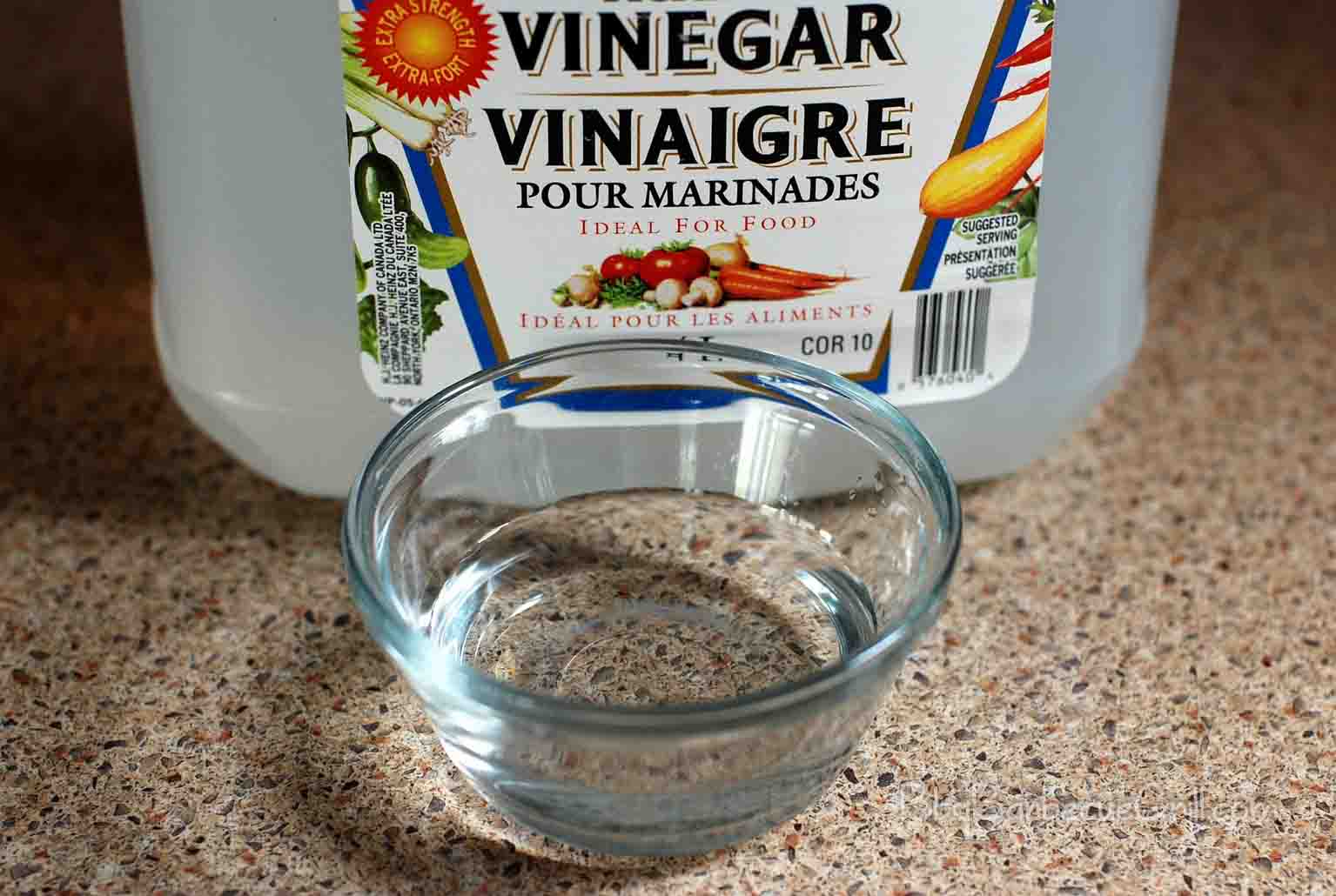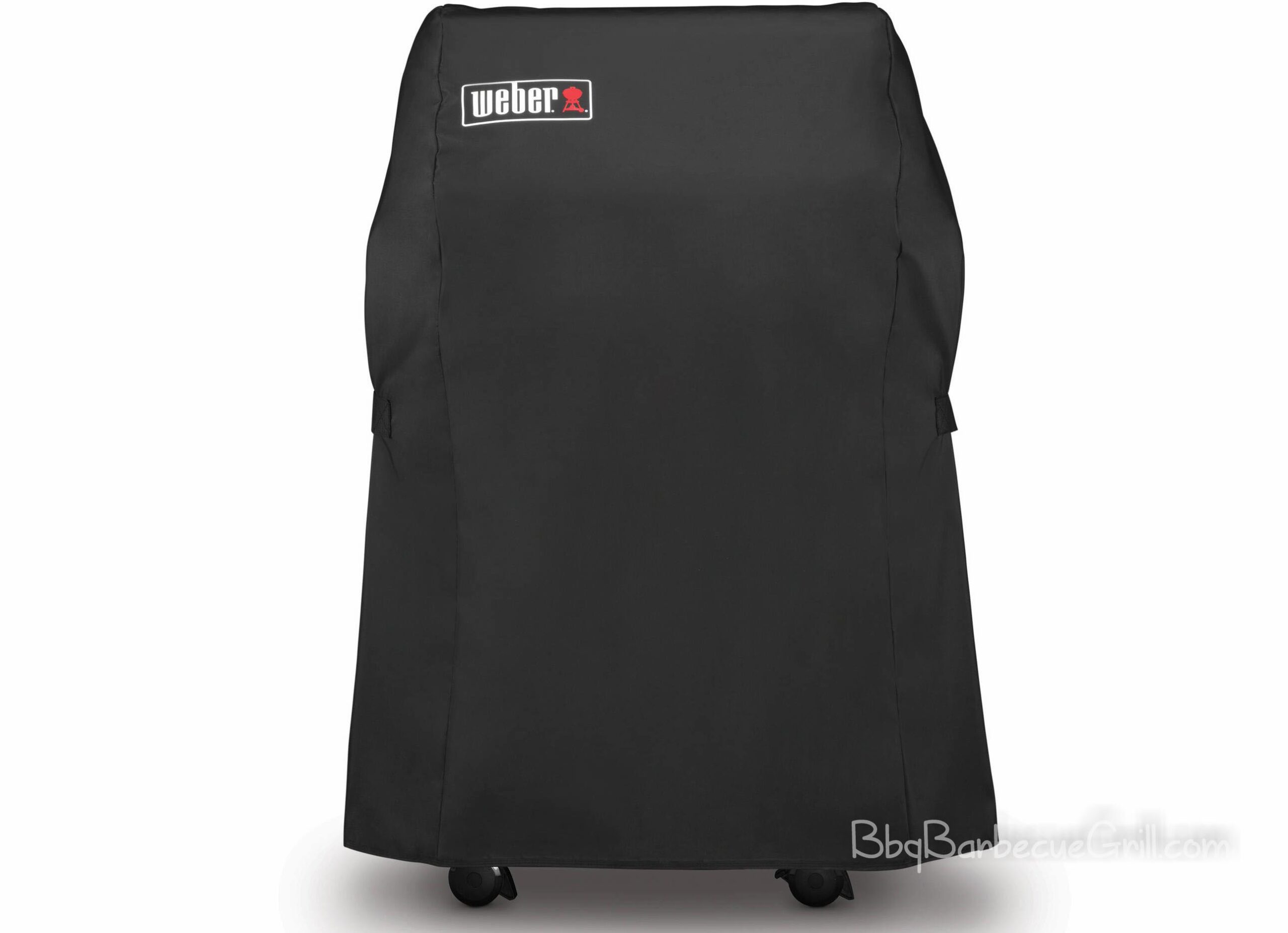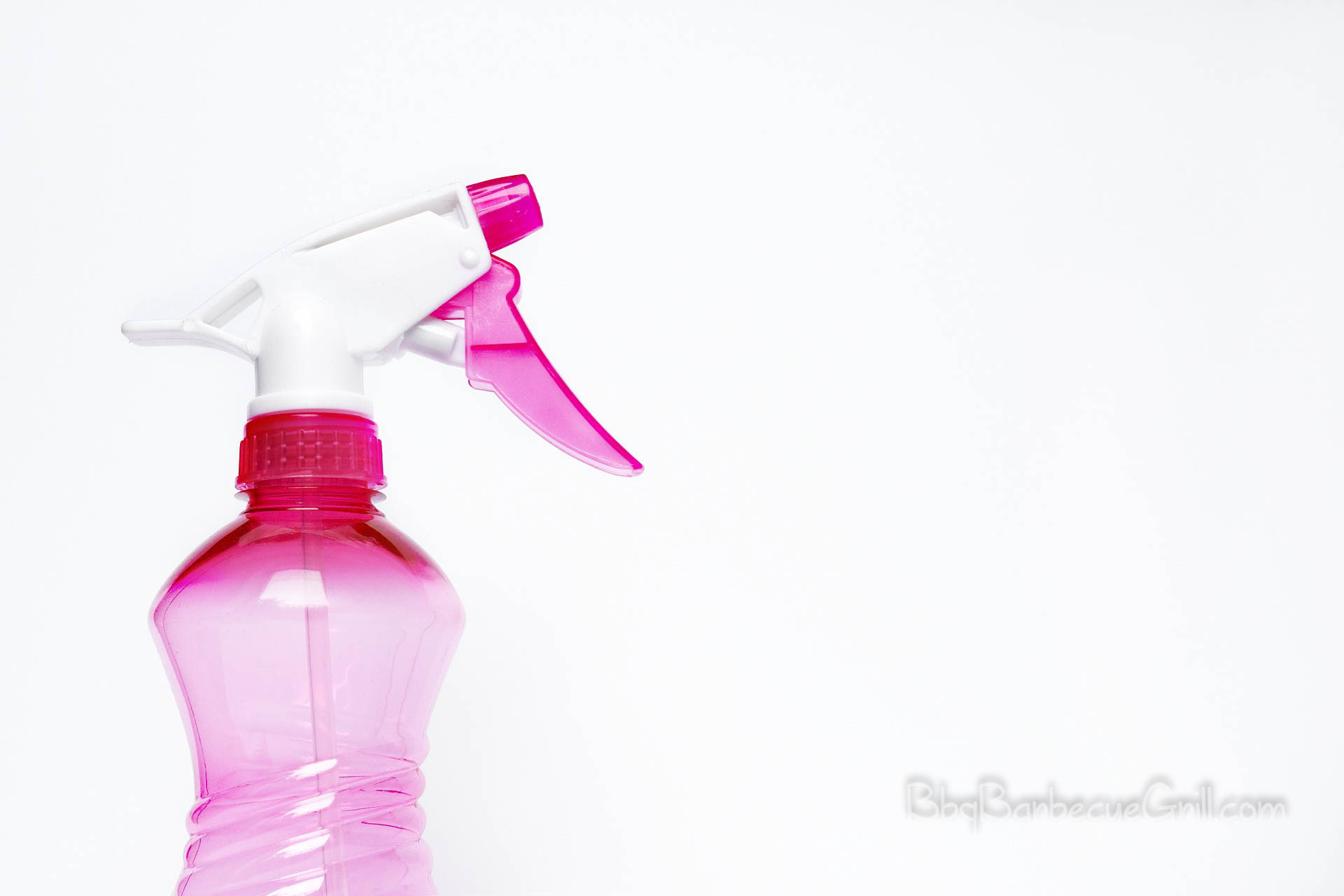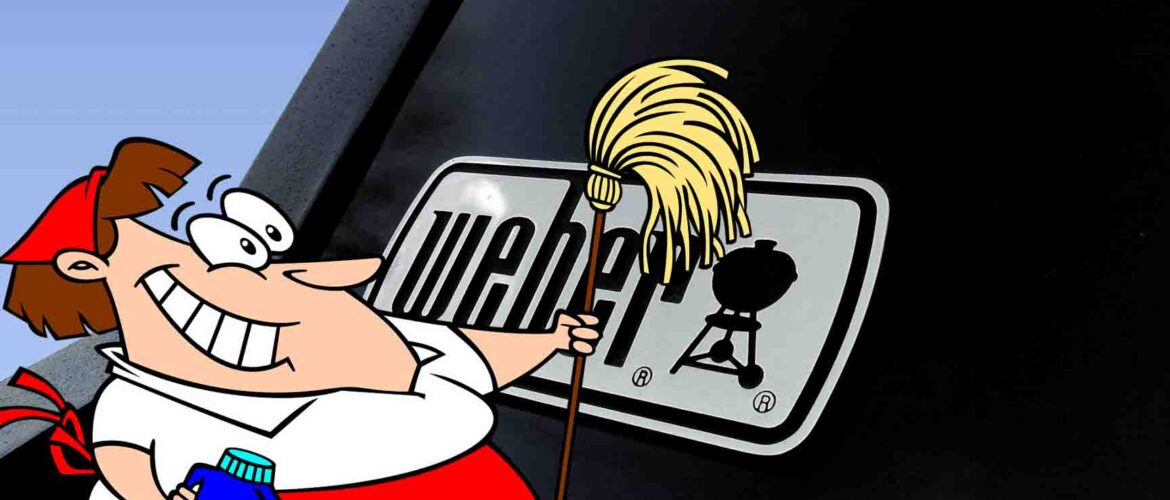A stainless steel grill is alluring to the eyes because it is clean and shiny especially if it’s still new. Although, just like many appliances, it would fade in time after so many uses. But it doesn’t mean that you’ll just watch it degrade especially if you have the power to preserve it and maximize its use.
Please don’t just toss it aside if it doesn’t look polished unlike before. Do not rely on the stainless steel description of the metal covering of your appliance because not all steel is as durable as they claim to be just because they are branded as “stainless,” it doesn’t mean that it wouldn’t actually rust or discolor. If the metal has been exposed to sunlight or to air then there’s always a chance that its material will degrade. But to get the most out of your appliance is up to you in the end.
You can prevent some rusting if you just find the right cleaners and clean your grills from time to time. With all these in mind, you can guarantee that your stainless steel grill could actually last for a long time.
How to clean grill grates with vinegar
Despite the innovations and developments of our time, we can still rely on natural remedies in cleaning our grill grates without the use of chemicals. The use of chemicals damages the construction of our appliances due to its hostile properties. The use of vinegar combined with water is a good homemade stainless steel BBQ cleaner.

One way of using a natural detergent is by using vinegar. You can simply mix vinegar and water. Afterwards, pour the resulting solution into an empty and clean spray bottle. Screw the top on tightly and then shake it to properly combine the ingredients.
After properly shaking it, you can now spray the solution on the grates. But before spraying it on the grill, you have to make sure that the grates are already cooled down. If it is then you can safely apply the solution. Guarantee that you will be spraying on the areas that tend to be crusty. After spraying, leave the unit first for about five to ten minutes.
Leaving it would ensure that the vinegar would penetrate through the oil and grease that has accumulated at the grates. Vinegar is also known to kill germs that are left behind by meat. This way, you would not only have cleaner but safer grates too.
Provide a Cover
The vinegar solution is feasible but one basic means to protect your grill is to provide a cover for it. It should not just be any cover but a good quality grill cover. It should also be flexible as it could come off right before you turn on the grill and it goes back on as soon as it cools down. This will protect the stainless steel from getting affected by outside elements such as dust, sunshine, air, and even small insects.
A necessary function of a good grill cover allows moisture out but not in. It shouldn’t trap the moisture. Most good covers are made of thick and heavy vinyl. These covers should be made of materials that could resist harsh weather conditions.
You don’t really have to look far and wide when it comes to looking for a cover. Sometimes, the manufacturer of the grill that you’re buying from would offer you a cover that you can purchase.

Cleaning it regularly
Now that you’ve got a cover, you will need to keep your grill clean.
How do you clean the outside of the stainless grill? Easy. All you have to do is simply use a damp cloth soaked with vinegar as you wipe the grills clean because grease and food articles could degrade even the finest stainless steel there is. Avoid using acidic material on the grill, but sometimes, we can’t help it. The only way to combat acidic material is by simply minimizing it.
But it isn’t enough to merely clean the grates because you should also take notes in cleaning the stainless steel surfaces. You can clean the shelves on the side by using the stainless steel grill brush that could easily reach the inside chamber. Your manufacturer could also provide you with a range of brushes upon the purchase of your appliance or you could simply check online or at the hardware store if you’ll want one.
Cleaning it well
Stainless steel, although known to be formidable and durable, could still be scratch. When this happens, it might create a power buffer or you’ll be complaining the whole time. It is not recommended to use steel wood or metal brushes when cooking your grill as well as other hostile cleaning materials that could damage the grill.
Look for a good grill cleaner that could also act as a protectant at the same time. These cleaners could not only clean your stainless steel but also maintain its form. If you couldn’t find a cleaner at your local hardware store then you can simply revert to using cloth in cleaning. You should also keep in mind that stainless steel is highly vulnerable to discoloration especially when exposed to heat.

Clean it everyday
In learning how to play the piano, most teachers urge their students to practice at least twenty minutes a day rather than playing an hour on a Saturday. Aside from discouraging the student to cram, it also helps in gradual development of the learner.
Even if cleaning the appliance is a mundane task and doesn’t require a teacher to help you learn it, it is still essential to incorporate cleaning the grill in your everyday routine. You might not notice it for a few weeks, but as you keep on cleaning your grill every day, you’ll start to notice that it is actually in consistent good shape in the long run.
There are a few things to remember: first is to minimize the use of acidic materials when it comes to cleaning the grill because it might damage the material of the grill. The next thing to remember is to provide a cover, so that it will be protected from harsh conditions such as air, sunlight, or insects. Cleaning it every day or after every time you’ll finish cooking is a good practice because you’ll be able to rinse off any grease or oil that has accumulated on its walls.


